Texas Court Halts Biden Administration's New ICE Enforcement Priorities
A court in Texas has issued a devastating decision to the Biden administration's plan to limit immigration enforcement and slow down deportations. The ruling, issued by Judge Drew Tipton of the U.S. District Court for the Southern District of Texas, blocks the Biden administration from limiting U.S. Immigration and Customs Enforcement's (ICE) arrests to specific categories in an effort to shift the agency's enforcement priorities. Specifically, the court issued a nationwide preliminary injunction halting the enforcement of two memos issued by the Biden administration that aimed to limit the scope of ICE’s enforcement priorities and reduce arrests.
Shortly after taking office, DHS and ICE officials issued two memos to field staff. The memos ordered agency staff to prioritize the arrest of individuals deemed national security threats, those who constitute a border security threat, or those convicted of offenses considered aggravated felonies or who have been convicted of an offense involving active gang membership who pose a risk to public safety. In addition, the memos created stricter oversight standards for agents wanting to arrest individuals who fall outside these priorities.
The ruling by the Trump-appointed judge placed a nationwide preliminary injunction on the two memos. Judge Tipton had previously issued rulings preventing the Biden administration from enforcing a 100-day deportation moratorium.
The legal challenge was filed in April by Texas Attorney General Ken Paxton and Louisiana Attorney General Jeff Landry in the U.S. District Court in the Southern District of Texas, located in the conservative 5th Circuit.
In the ruling, Tipton stated that Texas and Louisiana had shown "substantial likelihood that the policy concerning the detention of certain aliens set forth in the Memoranda is arbitrary and capricious under the Administrative Procedure Act and the Memoranda fail to comply with the APA's notice and comment requirement."
The decision is the latest in a series of court battles between presidential administrations and states with opposing viewpoints on immigration, affecting both Democratic and Republican administrations alike. This includes laws passed by California to limit the enforcement of the Trump administration’s inhumane border policies, as well as legal challenges brought by the state of Texas to end Obama-era programs like DACA.
The ruling now casts uncertainty over the direction of immigration enforcement under Biden. The administration recently nominated Sheriff Ed Gonzalez, previously critical of the Trump administration's immigration policies, as Harris County sheriff in Texas to head up ICE. While this move may indicate the Biden Administration’s desire to reform ICE, advocates remain concerned that Gonzalez may not be able to deliver change to an agency riddled with challenges given the spread of COVID-19 in detention facilities and increased apprehensions at the border.
Judge Tipton also ordered the Biden administration to file additional documents by September 3rd, providing the court with "specificity what guidance, protocols, or standards control the detention of these aliens in light of the fact that the Memoranda have been enjoined." In addition, Tipton ordered the administration to provide the court with monthly data reports on immigrants who were not detained.
The Biden administration has since appealed the ruling, but whether it will issue new priorities to DHS remains to be seen.
The ruling was slammed by advocates, with Jeremy McKinney, the president-elect of the American Immigration Lawyers Association (AILA), telling reporters, “This Texas judge is single-handedly forcing the federal government to re-examine how it will enforce immigration law.”
McKinney went on to demand that advocates pressure the agency and the administration to exercise discretion in how DHS operates. “Even after (Thursday’s) decision, immigration attorneys and advocates should press the agency to exercise discretion in appropriate cases and implement robust policies on prosecutorial discretion. Enforcement must be done fairly and humanely and every advocate must continue to fight for their clients whether they are deprived of their liberty in a jail cell or free.”
